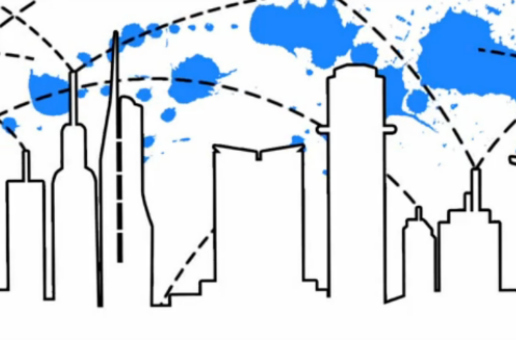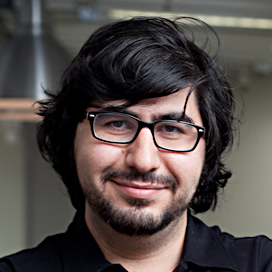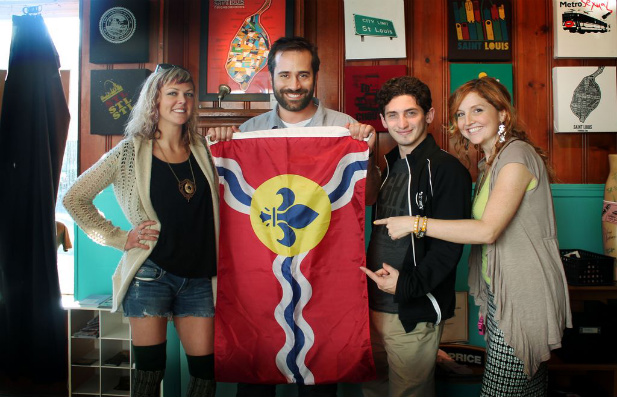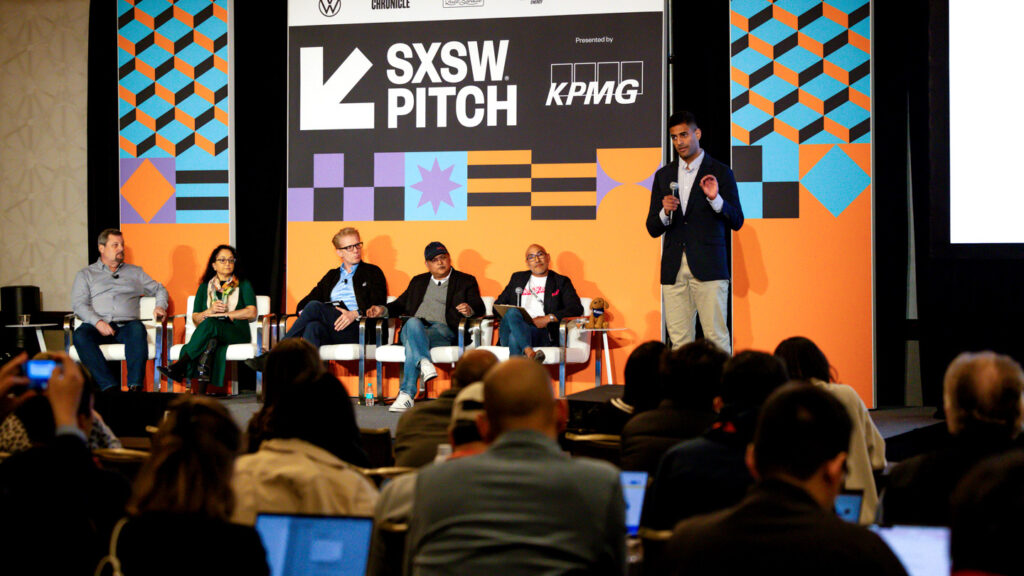 What if all you needed to jumpstart a thriving startup scene was a blueprint and a few excited people? According to Brad Feld, that’s all it takes to build a community of people who are driving innovation in the new economy. In October, the venture capitalist and Managing Director at the Foundry Group released Startup Communities, a book that details Feld’s experience in building sustainable entrepreneurial ecosystems. Feld presents the Boulder Thesis as a framework for understanding what startup communities need to thrive. Here is a short video starring (a drawing of) Feld created in conjunction with the Kansas City, Mo.-based Ewing Marion Kauffman Foundation. http://youtu.be/zXD5vt0xhyI So how does his thesis apply to cities like St. Louis that are emerging startup hubs? Let’s compare Feld’s four point thesis to the startup activity that is happening in St. Louis right now.
What if all you needed to jumpstart a thriving startup scene was a blueprint and a few excited people? According to Brad Feld, that’s all it takes to build a community of people who are driving innovation in the new economy. In October, the venture capitalist and Managing Director at the Foundry Group released Startup Communities, a book that details Feld’s experience in building sustainable entrepreneurial ecosystems. Feld presents the Boulder Thesis as a framework for understanding what startup communities need to thrive. Here is a short video starring (a drawing of) Feld created in conjunction with the Kansas City, Mo.-based Ewing Marion Kauffman Foundation. http://youtu.be/zXD5vt0xhyI So how does his thesis apply to cities like St. Louis that are emerging startup hubs? Let’s compare Feld’s four point thesis to the startup activity that is happening in St. Louis right now.
Entrepreneurs as leaders.
Feld divides the startup scene into leaders and feeders. Leaders are the entrepreneurs and feeders are the ancillary service providers like lawyers, venture capitalists, and users. In St. Louis, this is true. Entrepreneurs like Aaron Perlut of Elasticity are taking leadership roles in the community as well as in their own companies. Most recently, Perlut is spearheading the Rally St. Louis initiative.
A long-term view.
Startup communities don’t appear overnight. Instead, communities have to be willing to wait a generation to see the entrepreneurial flowers spring from the seeds that the ecosystem nurtures. For example, a new startup scene may have to be patient and wait a few years before they see their early investments grow into middle stage companies seeking Series B rounds of investment. Successful exits don’t happen fast, but they will happen. The goal is to recycle the wins back into the ecosystem, so that money and talent can be reinvested. This is also currently happening in St. Louis. The government is investing in the longterm health of the startup ecosystem by supporting T-REx for example. T-REx originally grew out of municipal initiative. Also, biotech startups play a huge role in the future of the city’s economic development. Although R&D can take years before these startups bring a product to market, the longterm benefits are clear.
A philosophy of inclusiveness.
The St. Louis startup scene is welcoming to all who are interested. From media (like Techli!) to biotech investors, to students who are exploring the life of an entrepreneur, St. Louis benefits from the ideas and relationships of all who are involved.
Events that engage the entire entrepreneurial stack.
T-REx hosts most of the events that take place in the St. Louis startup scene. Organizations like StartLouis use the space to host talks given by the city’s successful entrepreneurs, and Startup Weekend St. Louis is held at T-REx to encourage new entrepreneurs. Hackathons and discussion panels also help to engage everyone in the startup community. Like Rick Turoczy, one of the leaders of the Portland startup community said, Feld has the luxury to create the Boulder Thesis in hindsight based on his experience building out the Boulder startup scene. When we take his framework and apply it to emerging startup hubs, however, we can see that Feld is pretty darn close to nailing it in terms of what communities need to be vibrant centers of innovation. St. Louis, you’ve got what it takes. Now, let’s do more of it.









